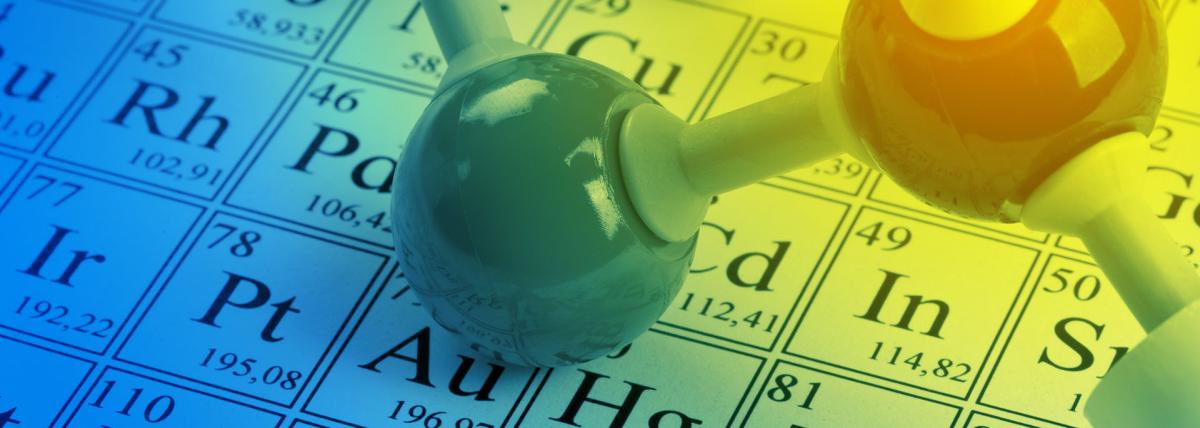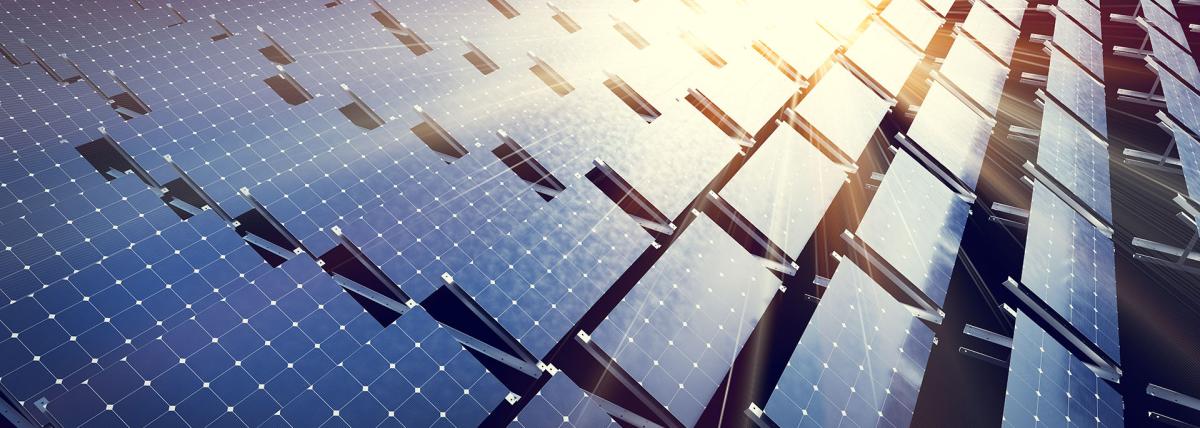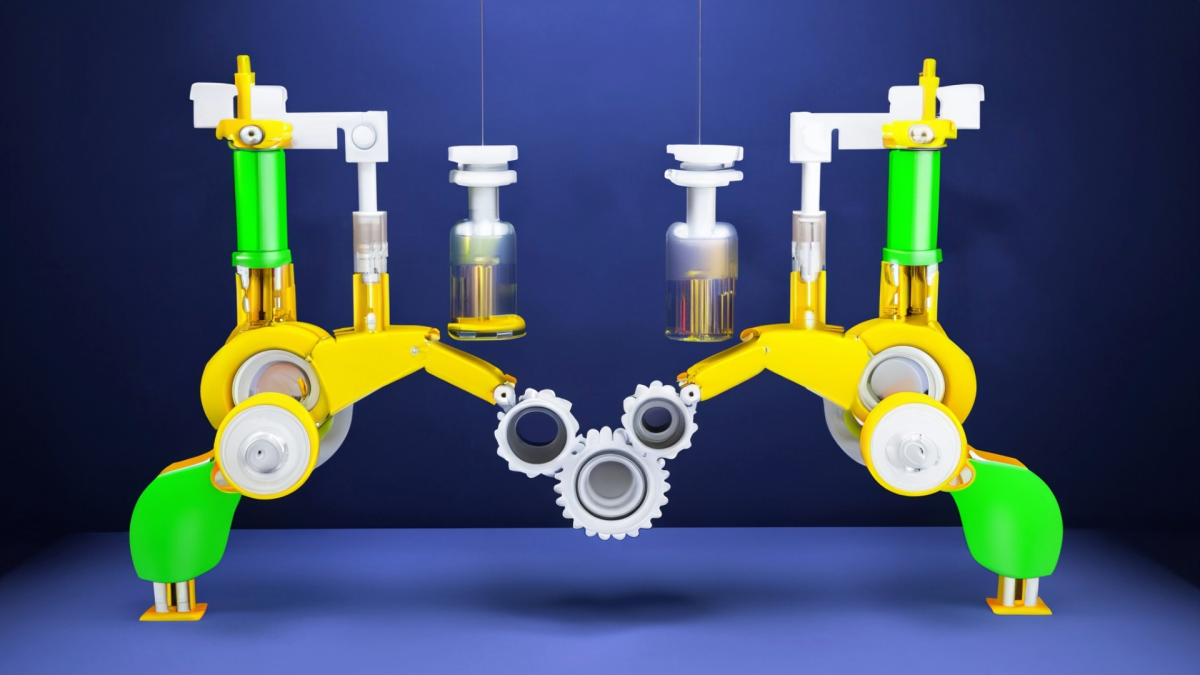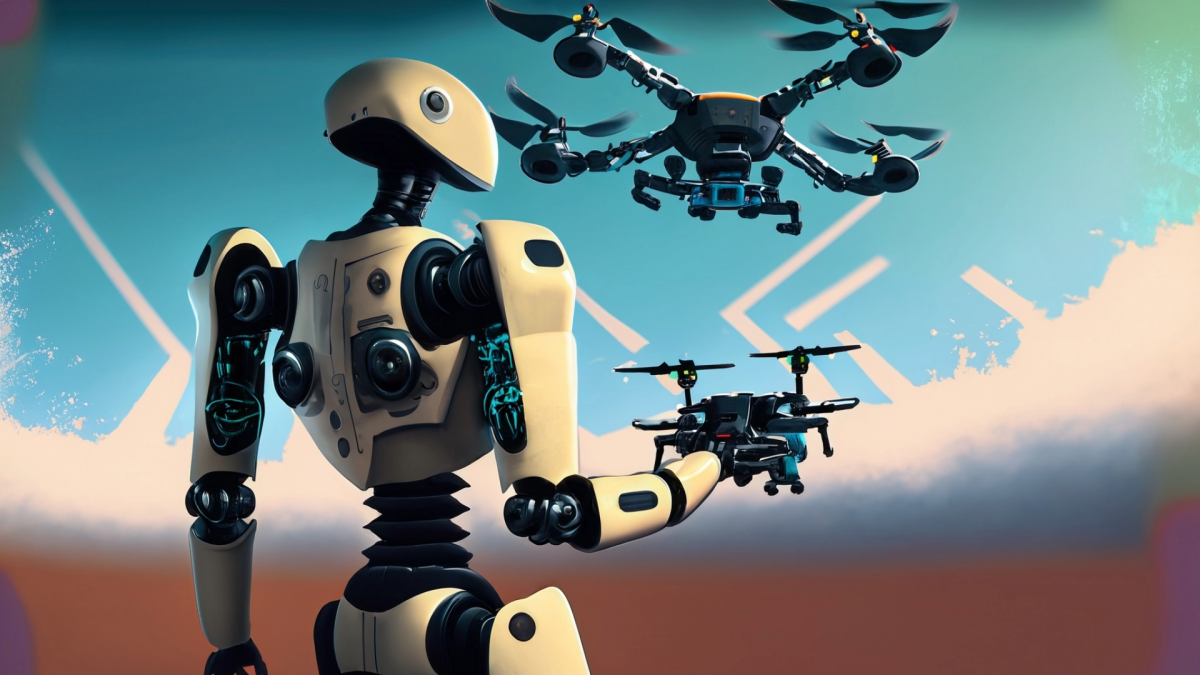
Grades:
8th Grade, 9th Grade, 10th Grade, 11th Grade
In this lesson, students will explore the relationship between current, voltage, and resistance in an electrical circuit. Using a PhET Simulation, they will collect data and graph voltage vs current





